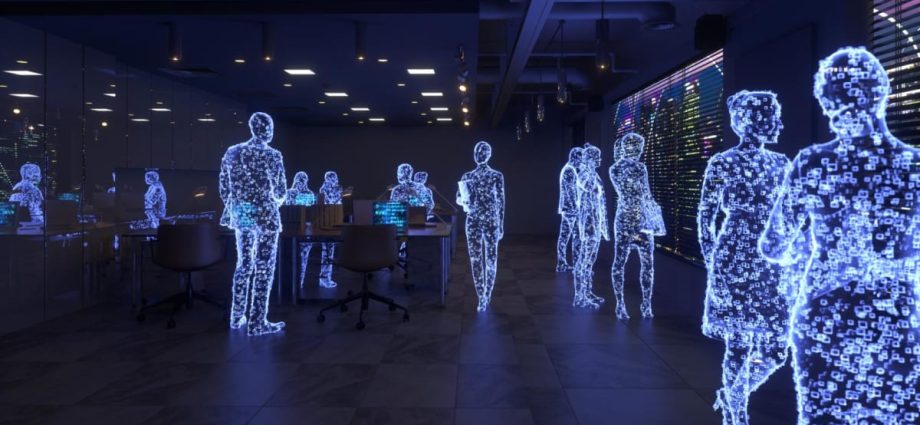
WHAT’S REALLY NEEDED
The reality is that jobs and wages likely to remain the mainstay of income for most, at least for the foreseeable future.
Given that AI, like most major innovations before it, will displace and transform a large number of jobs, what is needed most is an effective system for retraining and reskilling. In Singapore, the SkillsFuture ecosystem comprising training providers and grants, performs this role. It is a function that will be increasingly critical for individuals and society in the age of AI.
We will need stronger safety nets for temporary unemployment and perhaps even for income loss during transitions from one job to another. The plan to introduce re-employment support in Singapore is timely.
More broadly, we will need stronger assurance for citizens, particularly in a global city with high living costs. This could take various forms from housing and healthcare subsidies to wage supplements and other forms of transfer payments.
Collectively, they need to add up to a package that gives citizens peace of mind, even as we all must apply ourselves to contribute meaningfully to society in our AI future.
Terence Ho is Associate Professor in Practice at Lee Kuan Yew School of Public Policy. He is the author of Refreshing the Singapore System: Recalibrating Socio-Economic Policy for the 21st Century (World Scientific, 2021).
Brian Lim is APAC General Manager of Primer AI. He is also an industry advisor to Singapore University of Technology and Design Social AI Studio, and member of MIT Technology Review Global Insights Panel.

